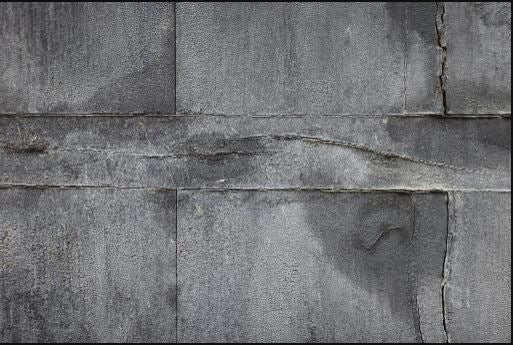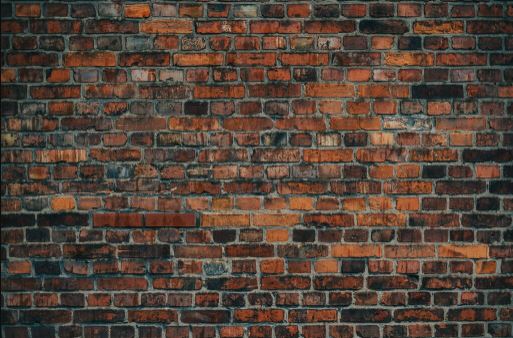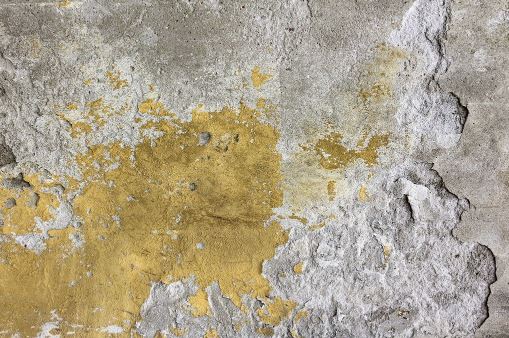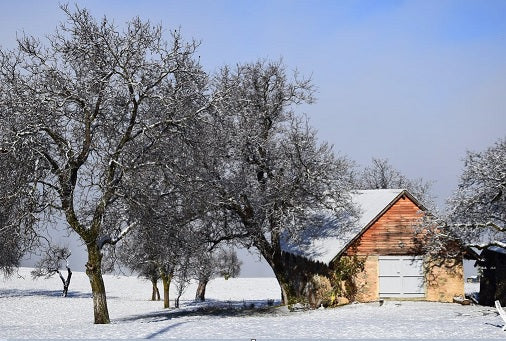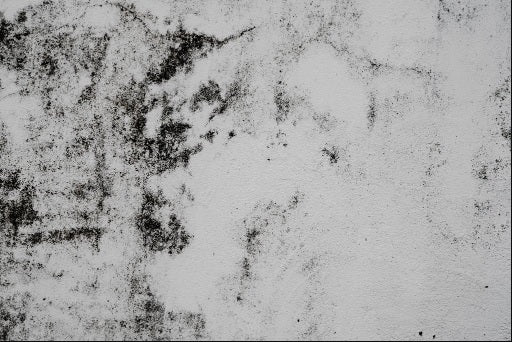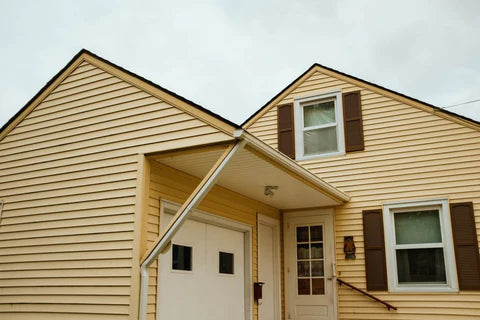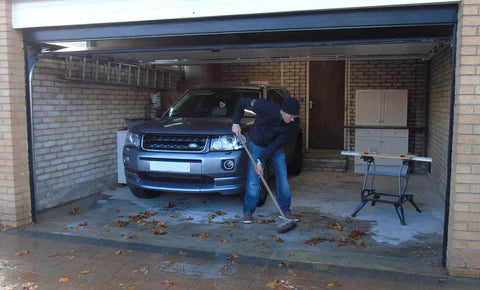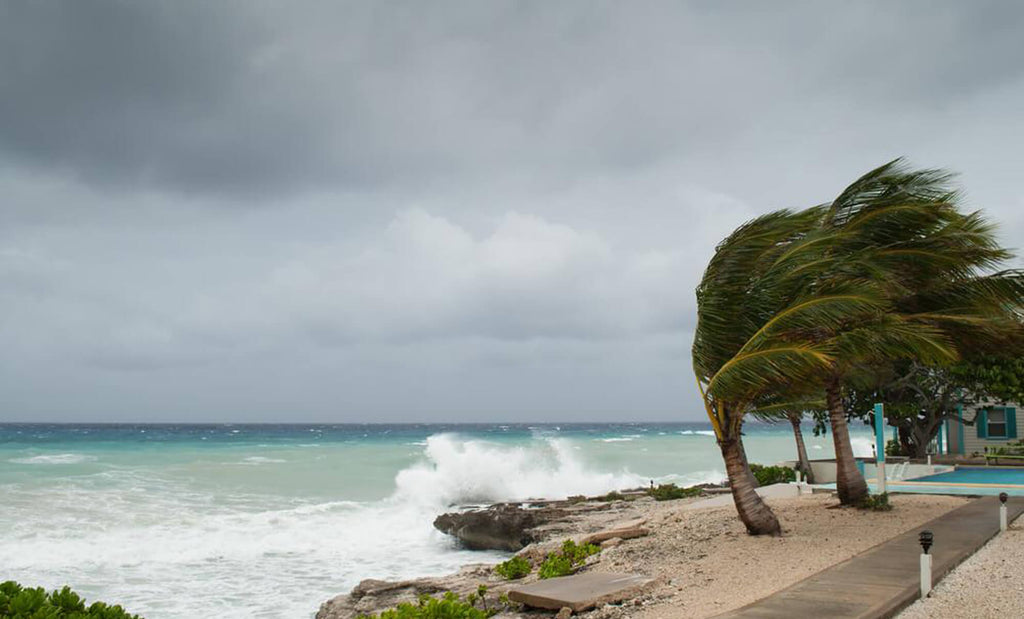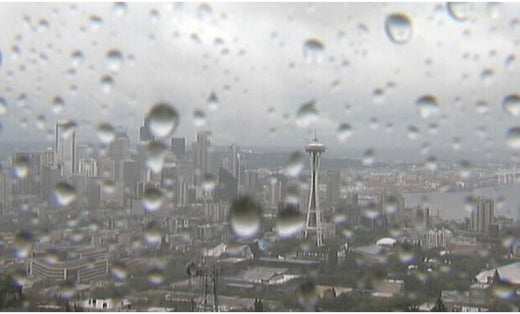Why are my Garage Walls Wet?
There are many potential causes for wet garage walls, and as the water can travel quite a distance from its origin, identifying the cause can be sometimes more difficult that resolving the issue itself. Below we will list some of the main causes of wet garage walls and the best solutions for them.



